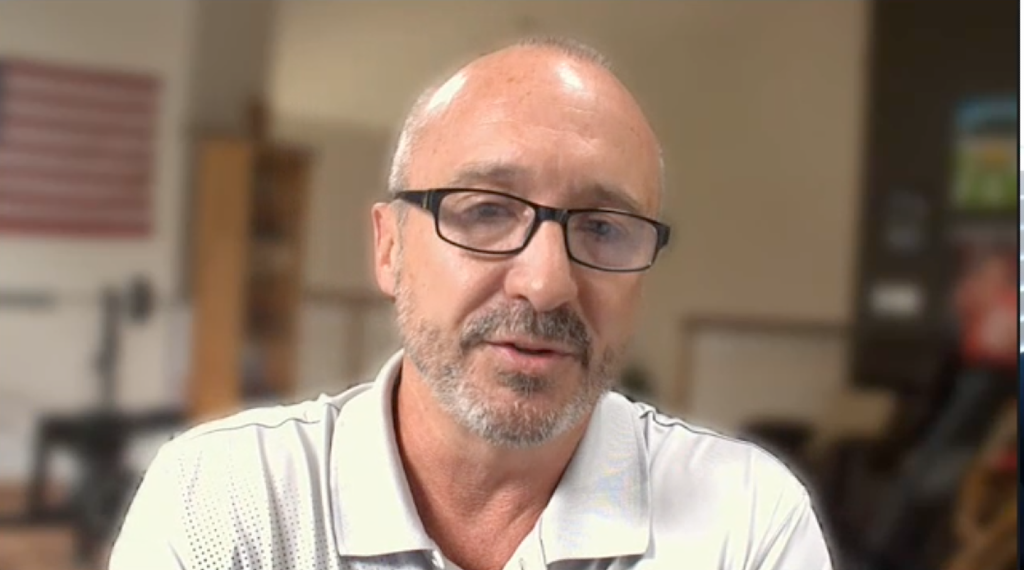WASHINGTON, July 30, 2025 – If you want to deploy fiber in West Virginia, you better make sure that the local utility pole owners are willing to play ball.
That was the message Citynet President and CEO James “Jim” Martin II, had for the Fiber Broadband Association on Wednesday.
“Pole attachments, by far, is the number one challenge here in our state,” Martin said. “…It’s just been a real challenge, not only for CityNet, but for a lot of the other providers in the state.”
Gary Bolton, President and CEO of FBA, spoke of his experience dealing with the issue.
“It’s probably the only issue where I’ve ever seen actual fights break out in meetings between lawyers,” Bolton explained. Chuckling, he added that “they’re not really good fighters.”
Access to utility poles is a particularly contentious issue in West Virginia. The state’s rocky terrain makes it prohibitively expensive to build lines underground, and as a result, Martin estimated that 95 percent of the state’s fiber lines had been attached to utility poles.
“It’s just too challenging to put it in the ground, as you know,” Martin said. “Underground construction is about ten times the cost, and it’s very challenging when you go to hook up customers.”
As a result, internet-service providers in West Virginia must work with either FirstEnergy and its affiliates or American Electric Power to use their utility poles. Martin explained that in the past, that process was relatively straightforward. However, when federal dollars for broadband service poured into the state, ISPs began attaching more lines to poles. Utility companies, worried that their poles were getting dangerously overcrowded, started to police them.
That effort led to numerous conflicts between ISPs and utility companies. One of the most contentious debates between the participants centered on who should be responsible for preparing the pole for the attachment.
“One of the challenges is that our poles hadn’t been policed, so there’s a lot of illegal attachments, a lot of safety issues that are out there,” Martin said. ”…At least in our territory with First Energy, their position was, ‘Well, you know, these are problems of the past, but you’ve got all the money, so we’re going to hold you to account, you need to pay for all this.’”
Martin also spoke of delays in getting poles ready for providers to use. However, he noted that West Virginia’s Public Service Commission had been addressing the issue, and expressed optimism that the problems would eventually be resolved.
The conversation between Martin and Bolton ended with a discussion about the changes to the Broadband Equity, Access and Deployment program. Martin was optimistic that much of West Virginia’s BEAD funding would be used for fiber.
“I’m very hopeful that our state is going to be successful in petitioning the [National Telecommunications and Information Administration] to allow us to use a good chunk of our BEAD money to build fiber out to these rural communities,” Martin said.
